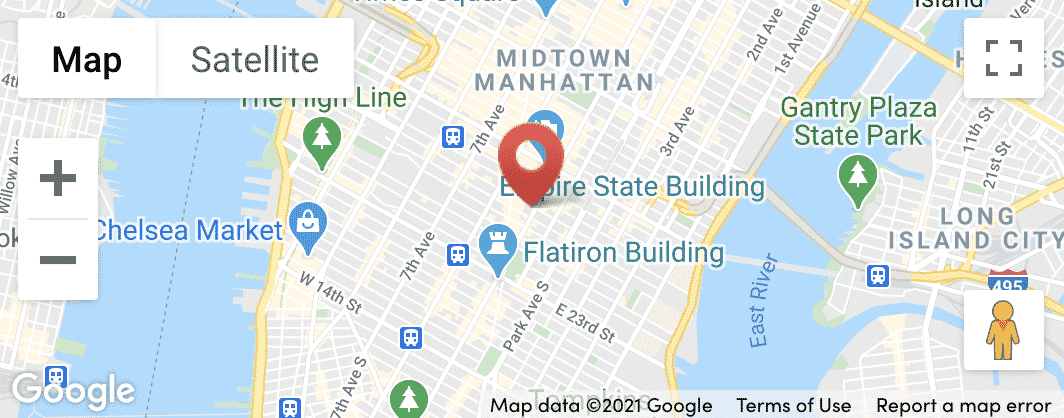Mental health is an investment, and finding affordable therapy in NYC can feel daunting at times. However, money shouldn’t prevent someone from getting the help they deserve. No one should feel alone because they simply can’t afford the proper mental health treatment. If you find yourself in that position, know that others share in the struggle to find affordable therapy in NYC.
Although some people have insurance that might help cover a portion of the cost of therapy, it’s not always enough; and for those who don’t have insurance, paying several hundred dollars a month might be out of the question. But don’t lose hope—here are a few quick tips and resources that can help you find affordable therapy.
How to Find Affordable Therapy in NYC
Tip 1. Search for Sliding Scales
Tip 2. Check Out Clinics or Hospitals
Tip 3. Visit Community Centers
Tip 1. Search for Sliding Scales
Websites such as Psychology Today or Open Path offer a vast selection of therapists that offer reduced-fee or sliding-scale appointments. Therapists on these sites are vetted, which can bring comfort to those who might be seeking therapy for the first time. In addition, you can see therapists’ photos and usually read their biograpies or philosophies, as well as their approach to psychotherapy, before choosing someone.
Another advantage of these sites is the level of detail you can go into with your search criteria. Whether you want to filter results by the language you feel most comfortable speaking or by an issue you’re facing, it doesn’t take long to find the right match.
No one should feel alone because they simply can’t afford the proper mental health treatment. If you find yourself in that position, know that others share in the struggle to find affordable therapy in NYC.
Tip 2. Check Out Clinics or Hospitals
There are many clinics in the five boroughs that offer sliding-scale, and sometimes even free, services. Sliding-scale clinics usually base therapy fees on your level of income, so it’s important to have that information readily available (e.g., pay stubs). For those looking for more acute care, hospitals may be a better option. Additionally, both clinics and hospitals often provide group therapy, which can be a productive as well as a more accessible experience.
Universities often have training clinics that are open to the community, where graduate students are completing their training under rigorous supervision by a licensed mental health clinician. These clinics usually have sliding scales as well. I’ve seen clinics in these settings charge anywhere from $5 to $50 per session.
There are a number of ways to find affordable therapy in NYC.

Tip 3. Visit Community Centers
Finally, you might consider visiting a community mental health center for services. They’re typically very affordable—either free or low-cost—and they cater to those with a lower income level. Again, having your income information readily available, along with any other information the center might need, can expedite the process.
Keep in mind, though, that community centers typically experience a high demand, so wait times can be long. A simple search online can usually show the community mental health centers closest to you.





